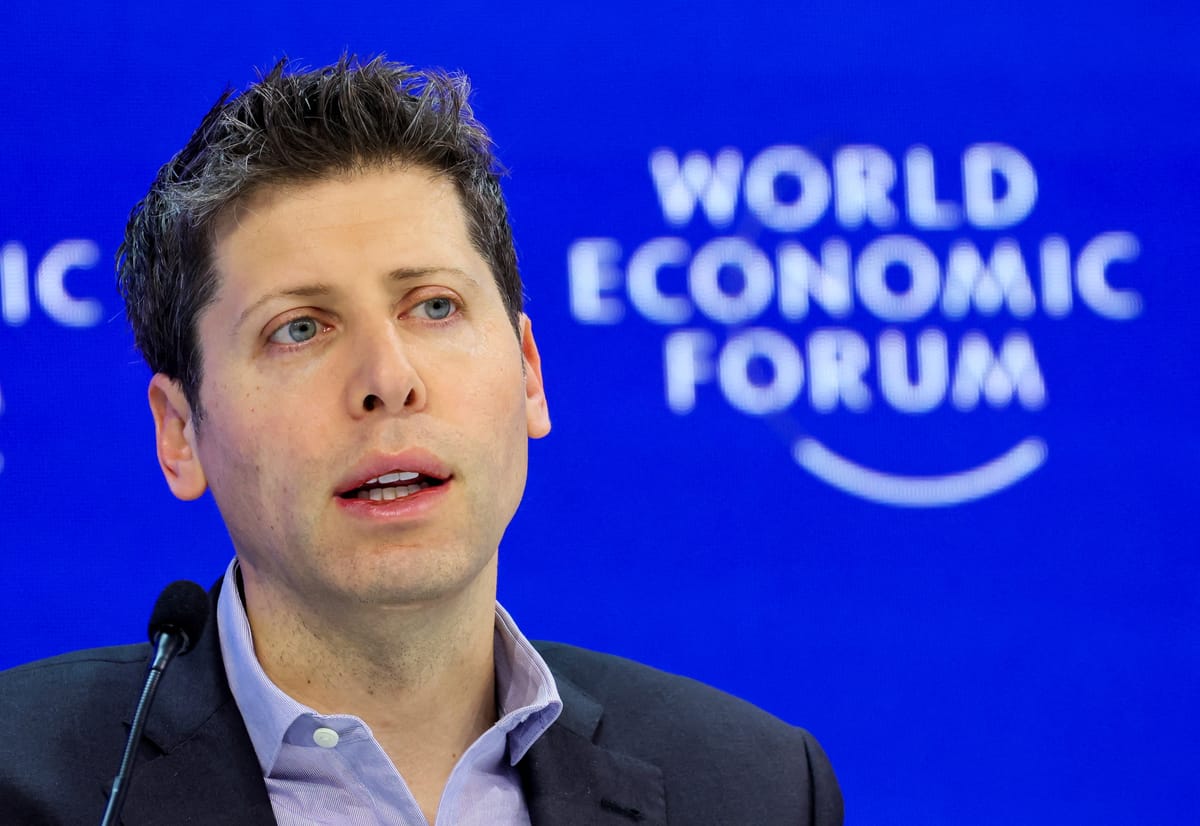OpenAI discredits Elon Musk’s lawsuit claims, with company emails to back it up
OpenAI has responded to Musk's claims with a blog post on Tuesday.

A few minutes every morning is all you need.
Stay up to date on the world's Headlines and Human Stories. It's fun, it's factual, it's fluff-free.
The backstory: Artificial intelligence (AI) has been propelling the tech industry lately, especially thanks to OpenAI's beloved chatbot ChatGPT. Released in 2022, it had over 100 million users in just two months. Businesses were quick to incorporate AI into their work for tasks like summarizing documents and coding.
The release of ChatGPT also acted as a springboard for tech giants like Microsoft and Google, who started creating their own versions of AI chatbots. Microsoft made a Bing chatbot, while Google produced Gemini, formerly named Bard. But, before developing its own tech, Microsoft began investing in OpenAI in 2019. Its backing has reportedly grown to around US$13 billion over the years.
Elon Musk, the household name behind Tesla, SpaceX, Neuralink and X (formerly known as Twitter), has always expressed an interest in AI but warned to approach it with caution. Back in 2015, Musk co-founded OpenAI but stepped down from the board in 2018 in an effort to avoid any conflicts with his own companies. He later launched his own AI company xAI in July 2023.
More recently: Last week, Musk filed a lawsuit against OpenAI and its CEO, Sam Altman, on the grounds that the company has deviated from its original aim of developing responsible AI for the good of humanity – not for profit. He says that when he was initially approached to found the company, the idea was to keep it non-profit and open-source. Musk's lawyers are arguing that OpenAI has now steered its efforts toward making money, particularly for its financial backer, Microsoft. He's asked the court to force OpenAI to share its research with the public and to prevent Microsoft from profiting off OpenAI's GPT-4, a powerful language model.
The development: OpenAI has now responded to Musk's claims with a blog post on Tuesday. It included emails Musk sent while he was still with OpenAI that favored the idea of making it a for-profit business. According to OpenAI, Musk said in one email, "This needs billions per year immediately or forget it," referring to OpenAI's fundraising. The blog post also suggests that Musk contradicted himself regarding OpenAI sharing its research with the public, as another email seems to show Musk agreed on not sharing its research with the public. They also say he even tried to make OpenAI a part of his company, Tesla. OpenAI is looking to get all of Musk's claims dismissed in court.
Key comments:
"We're sad that it's come to this with someone whom we've deeply admired — someone who inspired us to aim higher, then told us we would fail, started a competitor, and then sued us when we started making meaningful progress towards OpenAI's mission without him," the company said in the post, which was co-authored by several of OpenAI's co-founders, including Altman, Brockman and Ilya Sutskever.
"To this day, OpenAI Inc.'s website continues to profess that its charter is to ensure that AGI' benefits all of humanity,'" Elon Musk's lawsuit against OpenAI said, referring to artificial general intelligence, a powerful type of AI that doesn't yet exist. "In reality, however, OpenAI Inc. has been transformed into a closed-source de facto subsidiary of the largest technology company in the world: Microsoft."




Comments ()